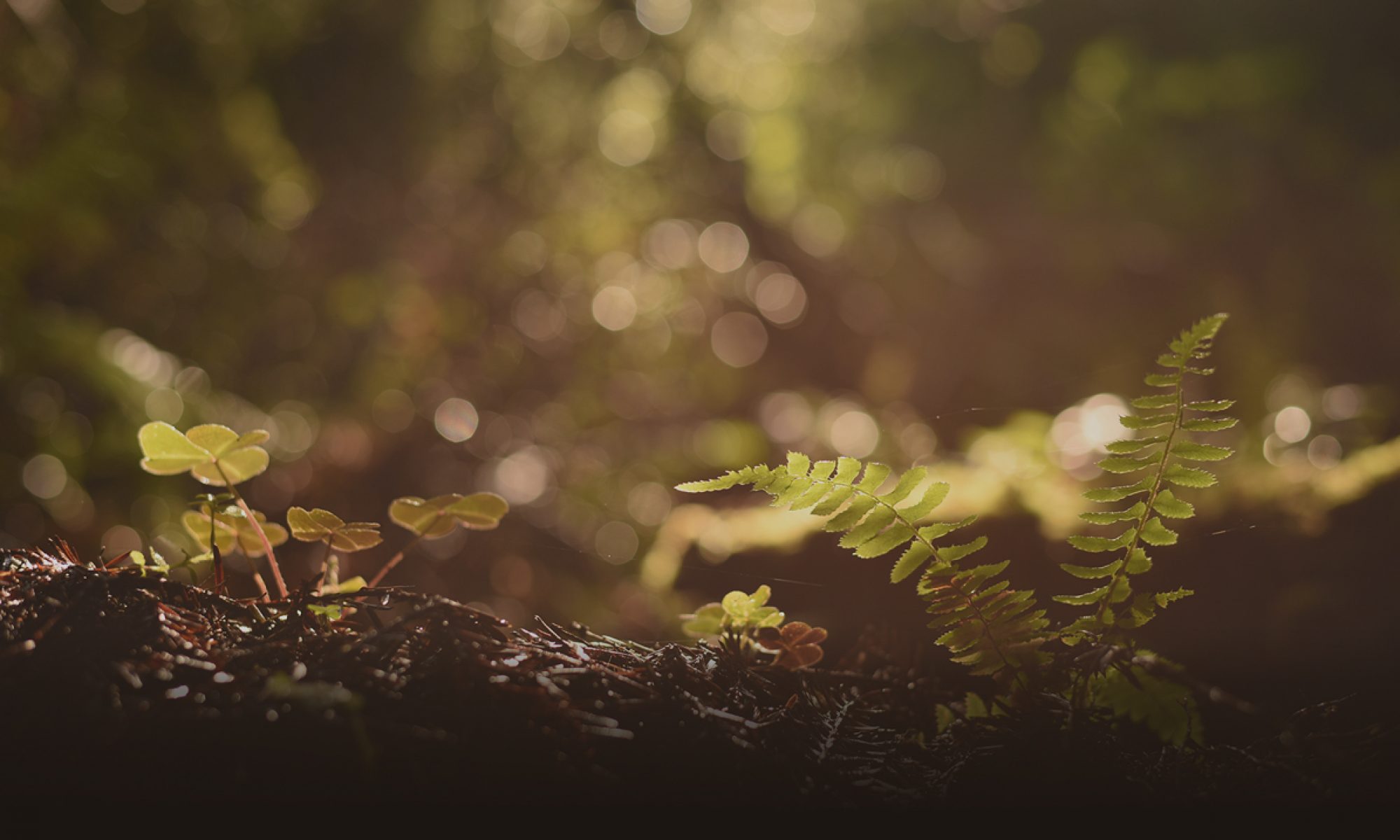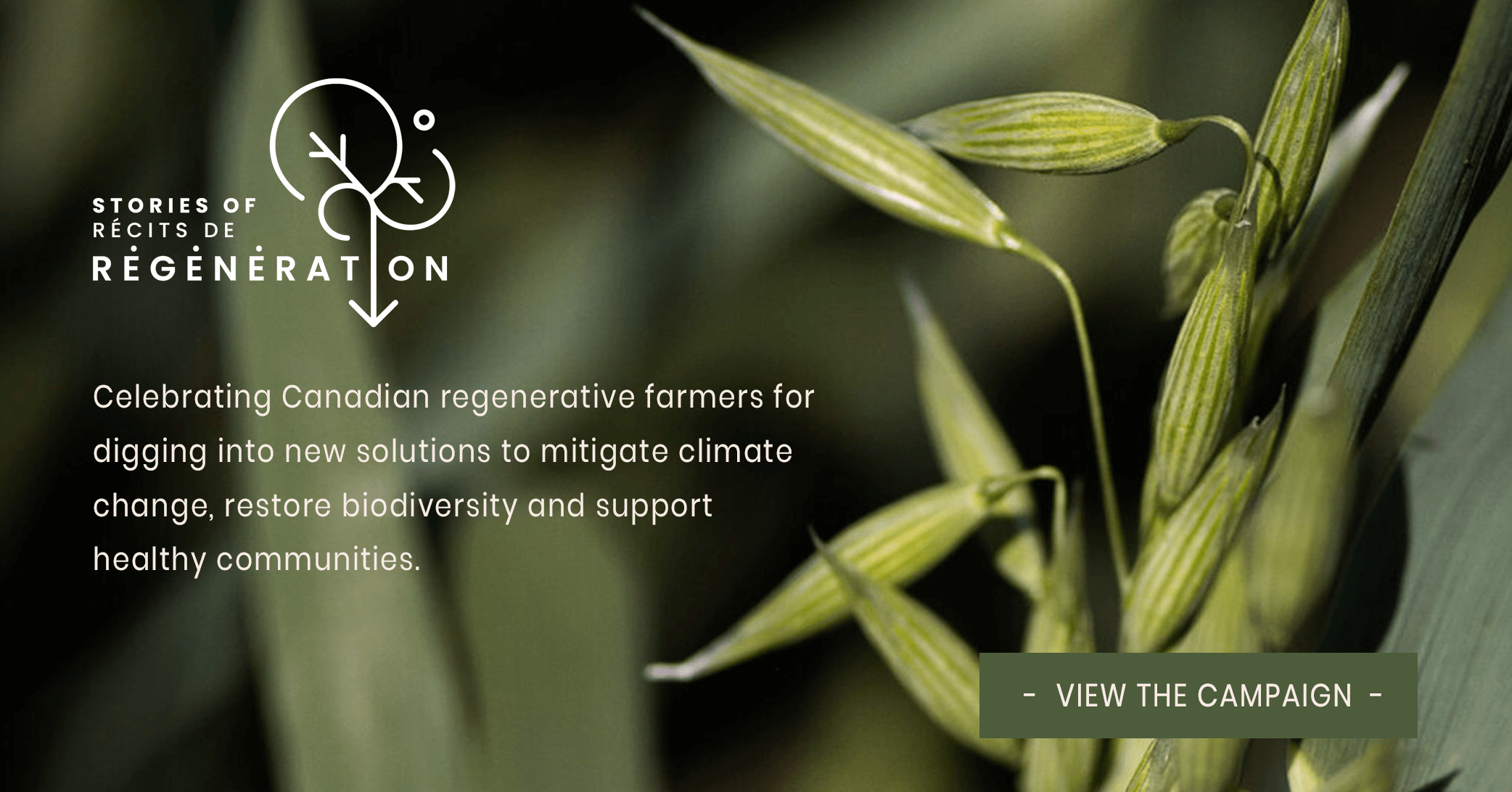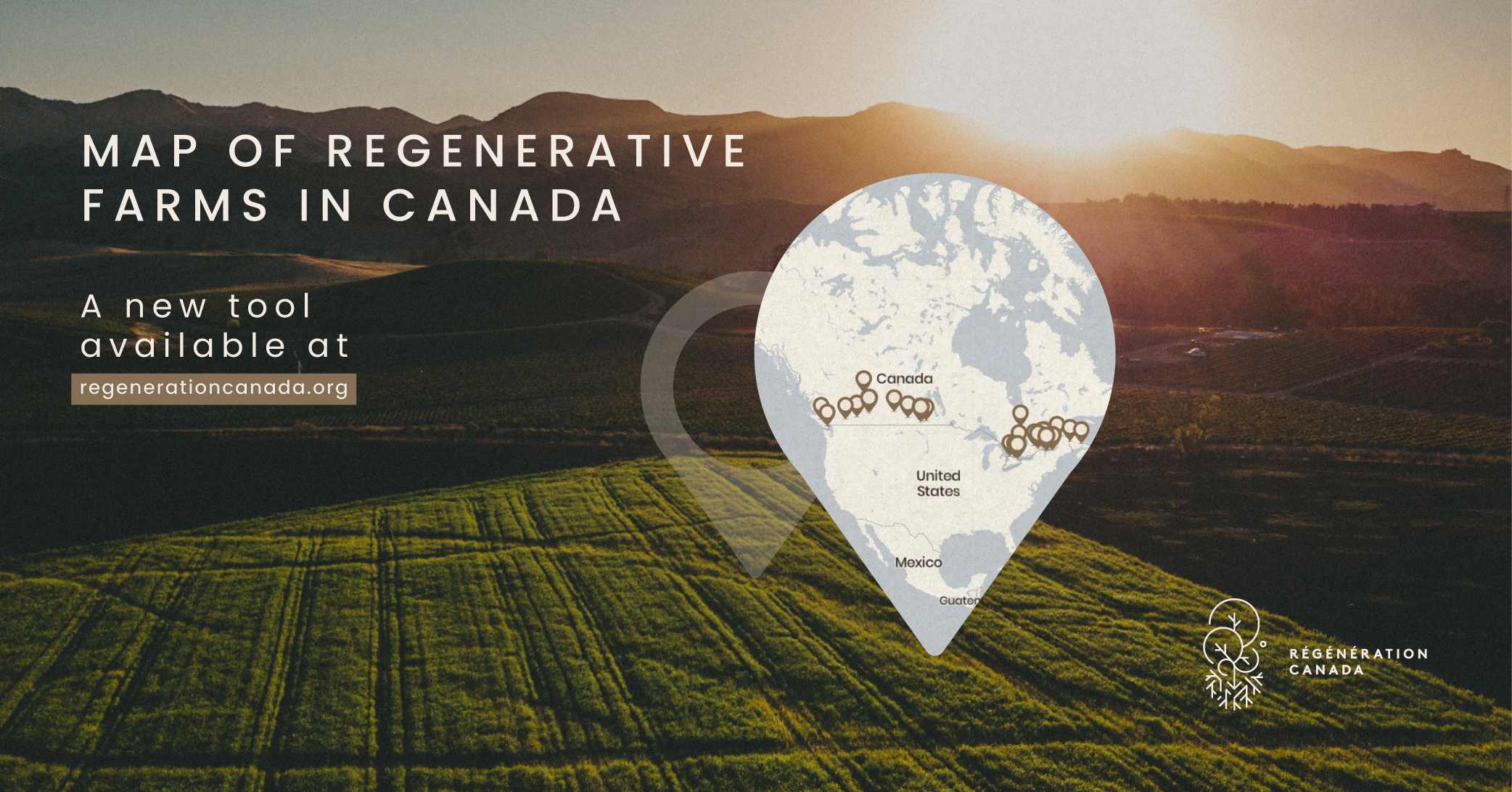 One hundred and fifty years ago, farmers and gardeners saved their seeds and bred their own varieties of plants. Since then industry has taken over this role. We have lost 75% of the genetic diversity we had then and most seeds we can get commercially will not reliably grow like their parent plants. In this time of climate change and uncertainty, can we afford to have our food security be in the hands of so few?
One hundred and fifty years ago, farmers and gardeners saved their seeds and bred their own varieties of plants. Since then industry has taken over this role. We have lost 75% of the genetic diversity we had then and most seeds we can get commercially will not reliably grow like their parent plants. In this time of climate change and uncertainty, can we afford to have our food security be in the hands of so few?
A nationwide seed security program
David Catzel, director the BC Seeds Program for FarmFolk CityFolk spoke with me about how they are participating in a nationwide seed security program, funded by various funders including The Bauta Family Initiative on Seed Security. The program works with farmers, universities and the general public to raise awareness of the issue and give people very practical tools and resources to actively participate in putting seed (and therefore food) security back into the public domain. The national initiative works with 40-50 farmers across Canada and 5-6 universities. David manages the BC projects through FarmFolk CityFolk.
I asked him what they actually do. They offer both beginner and advanced training sessions on seed production for farmers and for the general public. They also have very practical resources to offer: tools for seed cleaning and sorting to lend, including a mobile seed cleaning trailer. Last year, the first year of the trailer, they cleaned 50,000 lb of seed of 30 different varieties. There is an online information directory, including a spreadsheet to help farmers or seed businesses calculate the costs and potential revenues from seed production. And they have just acquired the lease on 3.5 acres of farmland in Abbotsford to launch the FarmFolk CityFolk Research and Education Seed Farm.

Which seeds are worth saving?
I was surprised to learn that a big part of the work involves variety trials and plant breeding. David told me that they are always dispelling the belief that breeding is a nefarious thing involving genetic manipulation. Classical plant breeding is multi year process leading to stable seeds adapted to the environment in which they will be grown. He explained that the first stage of seed saving is deciding which seeds are worth saving. Many commercial seeds available today are selected for their suitability for industrial production. They don’t always come from a geography similar to where they are grown.
Breeding seeds for BC farmers and individuals
The breeding part of the BC Seeds Program looks to establish which varieties are well suited for the needs of BC growers. There is both a farmer and a citizen branch to the breeding trials. While farmers trials are larger and more statistically significant, it is important to give citizen gardeners a chance to learn and be part of the work. Individuals can sign up to receive seeds to grow. They set up their plots as directed and then make observations about the results they get from their different plots. Some of these trials, for instance may be to take a few varieties of a vegetable seed grown in different locations and see which is best suited to the grower’s location. A collaborative online platform tabulates the information and shares the data with participants.
It is reassuring to know that there are so many passionate farmers and citizens working across the country to make sure we will be able to adapt to a changing climate, especially since the work takes so many years. As David said to me in closing, “The more people there are growing seeds, the more flowers there will be!”




